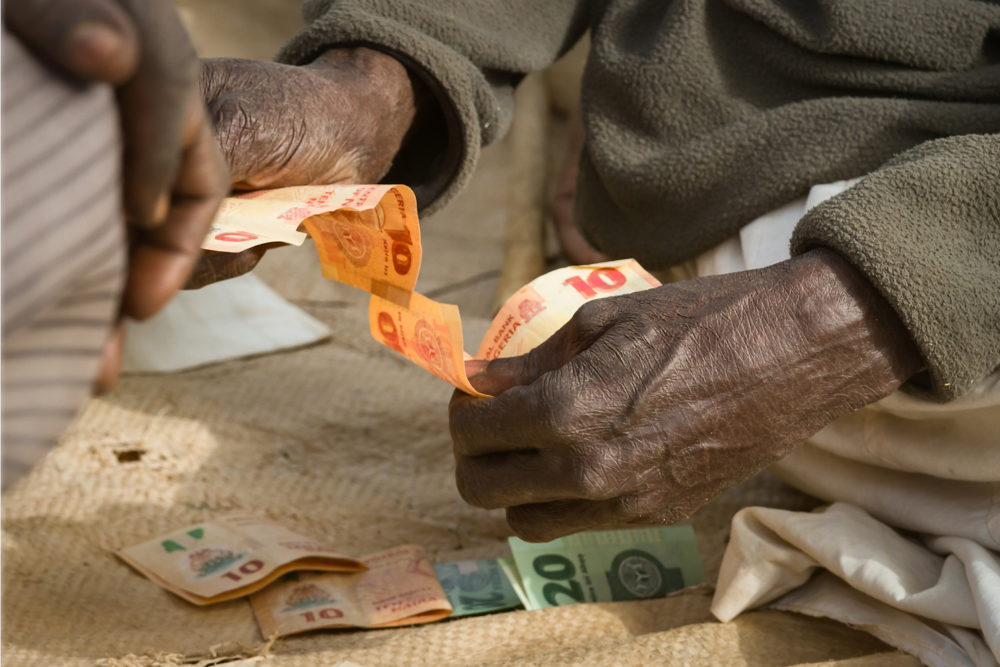Nigeria’s central bank is planning to issue licenses to more payment providers, aiming to “improve the country’s financial-inclusion rate to 80% by the end of next year from about 60%,” Bloomberg reports.
Central Bank of Nigeria Governor Godwin Emefiele spoke in Abuja last week, promising the new licenses “will help support innovation and competition as all parties work to increase their customer base.”
“Nigerians in underserved locations will have access to cost effective payment services, cash-in and cash-out facilities, and savings products,” he said.
Nigerian regulators’ efforts come after a number of big tech companies like Facebook unveiled projects targeting the underbanked around the world, simultaneously raising questions about those projects’ odds of success.
So far in 2019, 15 super-agent licenses and three payment service bank licenses were issued in an effort to foster financial inclusion in the banking sector, the governor said.
“These measures are aiding in the development of a robust payment infrastructure and an expansion of agent locations across the country,” Emefiele said. “As a result of our policy measures, in 2019, over $400 million have been invested in fintech companies, focused on supporting improved payment services in Nigeria.”
It’s not just the central bank’s measures that are luring both PE and VC investors — the country’s fintech startups are attracting a significant portion of the continent’s overall investments.
In 2018, $306 million was invested in Nigerian startups, a 167% increase from a year before, according to French venture capital firm Partech.
Nigeria’s fintech investors include Partech and Michael Seibel of Y Combinator.
“More and more digital players are enabling startups to serve the segment — (this is) why fintech exploded in Africa. This is one of the reasons that VC has a much larger pool to play with now than the traditional private equity space,” Tidjane Deme, Partech Ventures’ Senegal-based general partner, told Karma earlier this year. “We’re seeing them come in into smaller tickets and into the tech space, trying to find interesting opportunities.”
Partech invested in Kudi, a Nigerian fintech startup, in April. The company’s mission is to “make financial services accessible and affordable for all Africans.” Kudi’s goal is to “enable underbanked and unbanked Africans access basic financial services like money transfers, bill payments and cash withdrawals through their agent network.”
The opportunity is huge: in Nigeria alone, 80% of the population still rely on cash payments.
Deme noted that Nigerian fintech startups like Kudi are well-positioned for expansion and view Africa as a whole as their target market, not just Nigeria.
It’s clear that Nigeria’s fintech startups are dreaming big, with or without their central bank’s help.






















